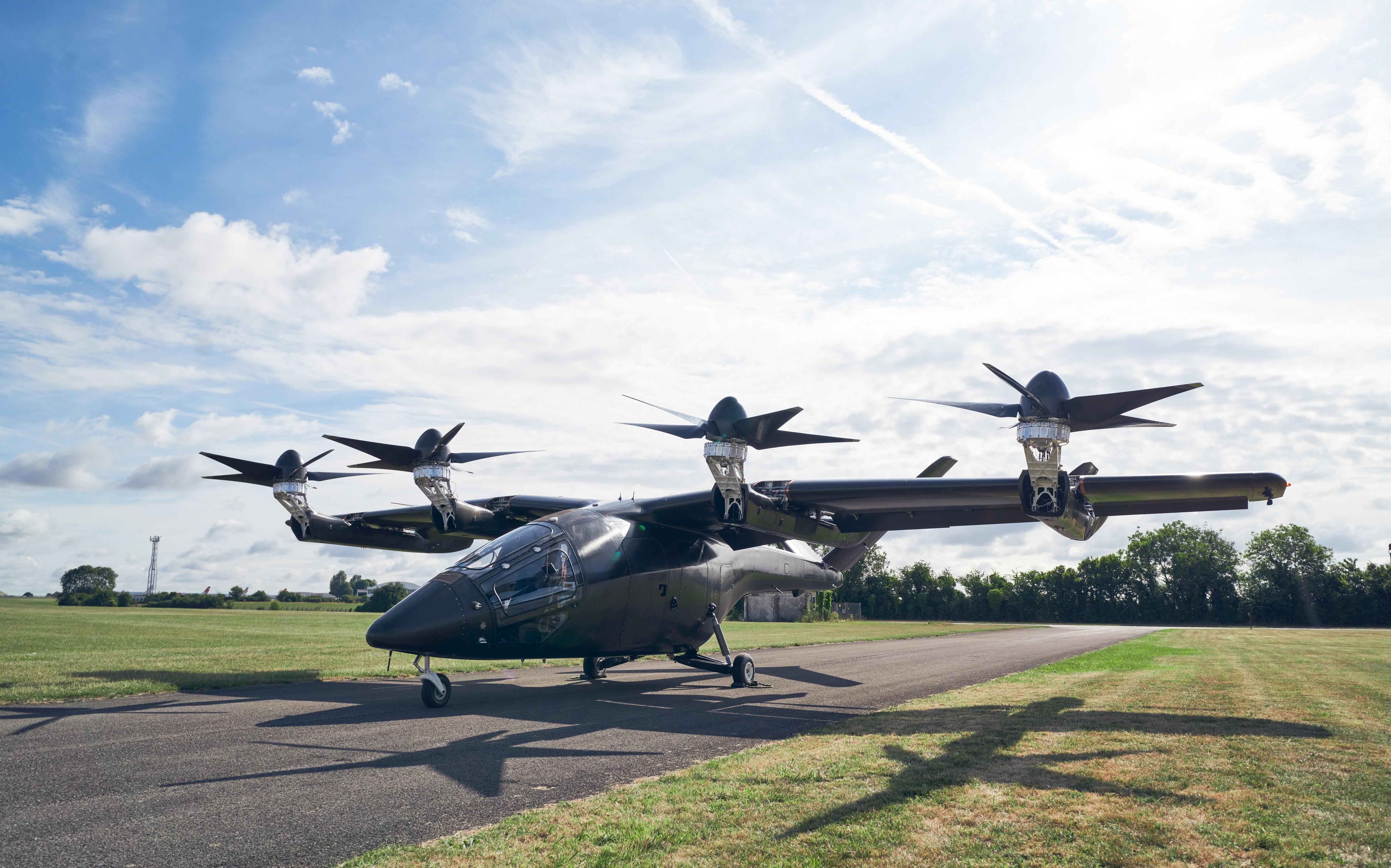
Credit: Vertical Aerospace
Vertical Aerospace has secured a $100 million funding line to bolster its finances as the UK startup ramps up spending on development of its VX4 electric vertical takeoff and landing (eVTOL) air taxi. Bristol-based Vertical ended the first half of 2022 with £158 million ($190 million) cash in hand...
Subscription Required
This content requires a subscription to one of the Aviation Week Intelligence Network (AWIN) bundles.
Schedule a demo today to find out how you can access this content and similar content related to your area of the global aviation industry.
Already an AWIN subscriber? Login
Did you know? Aviation Week has won top honors multiple times in the Jesse H. Neal National Business Journalism Awards, the business-to-business media equivalent of the Pulitzer Prizes.
